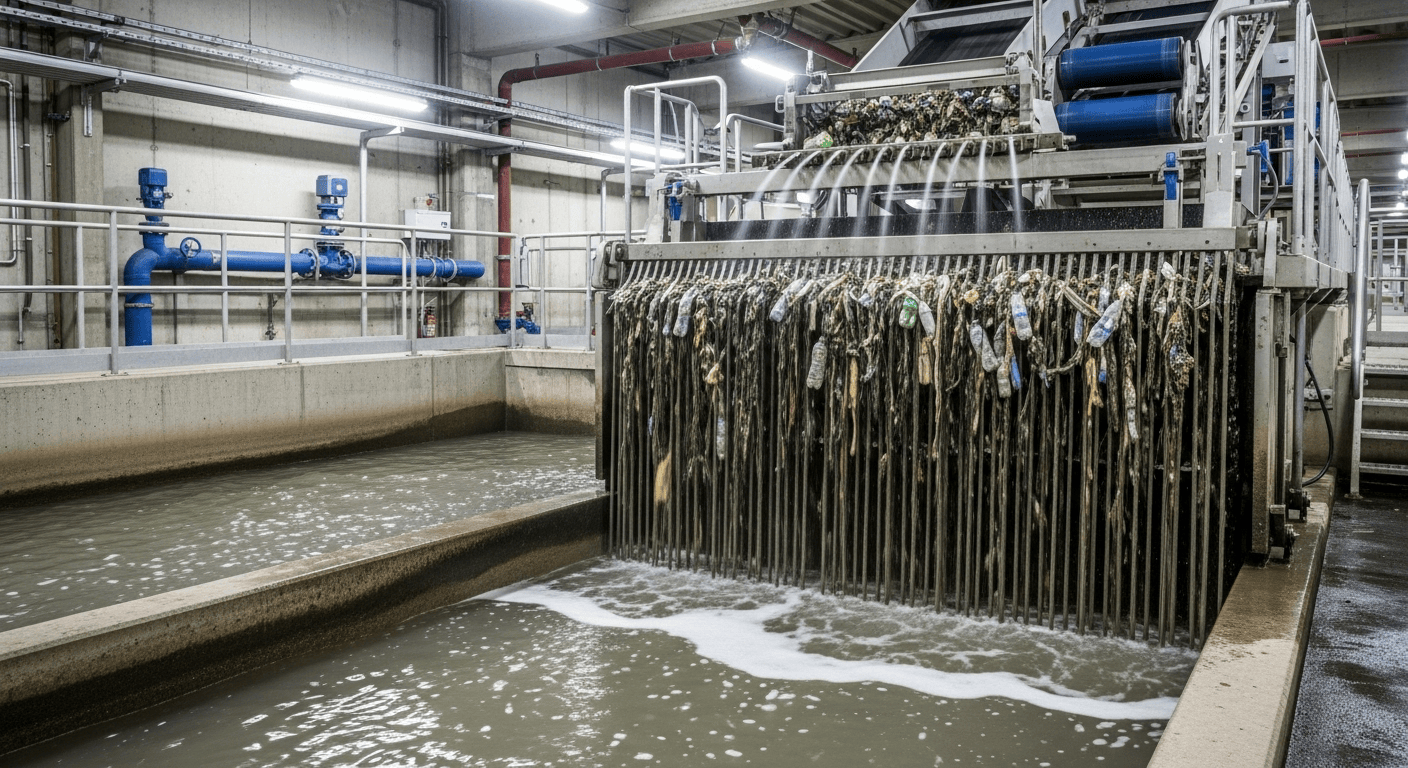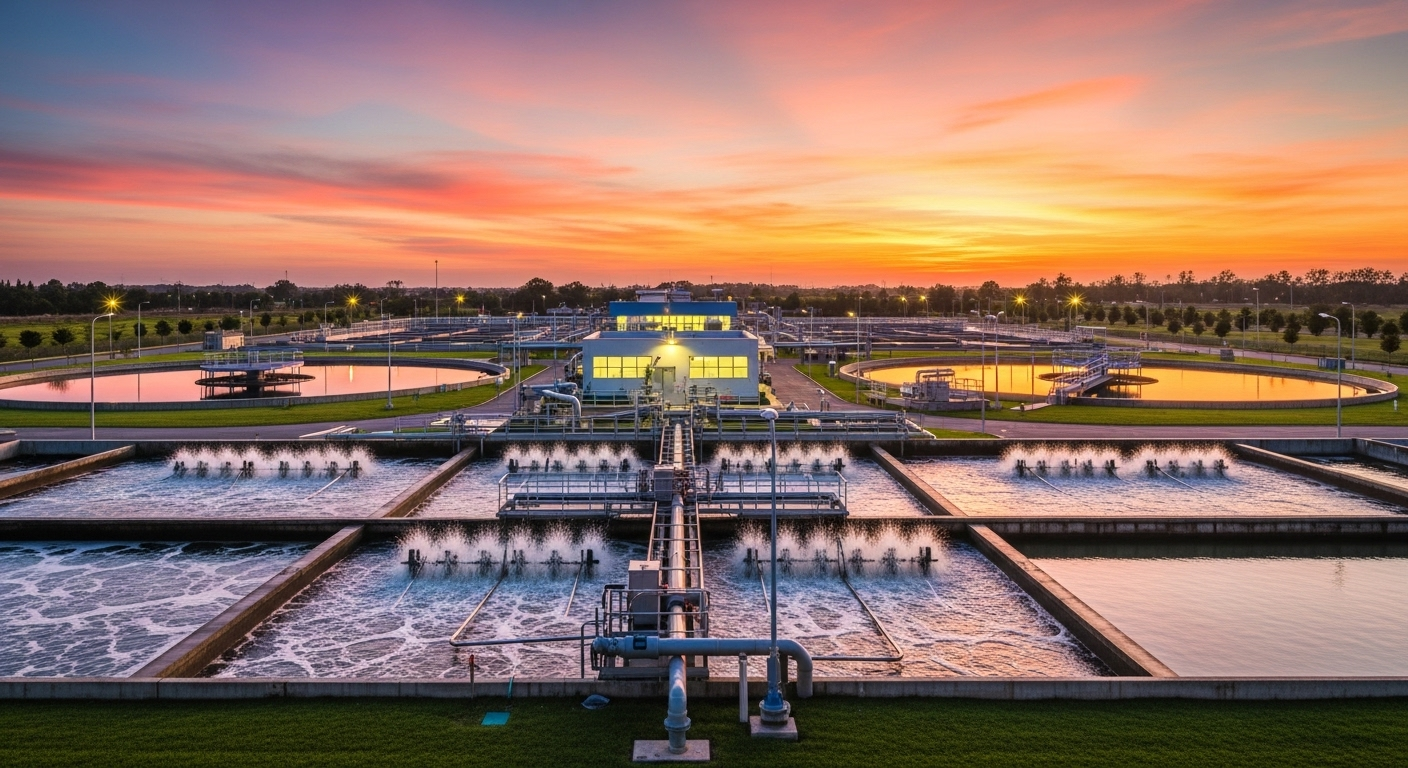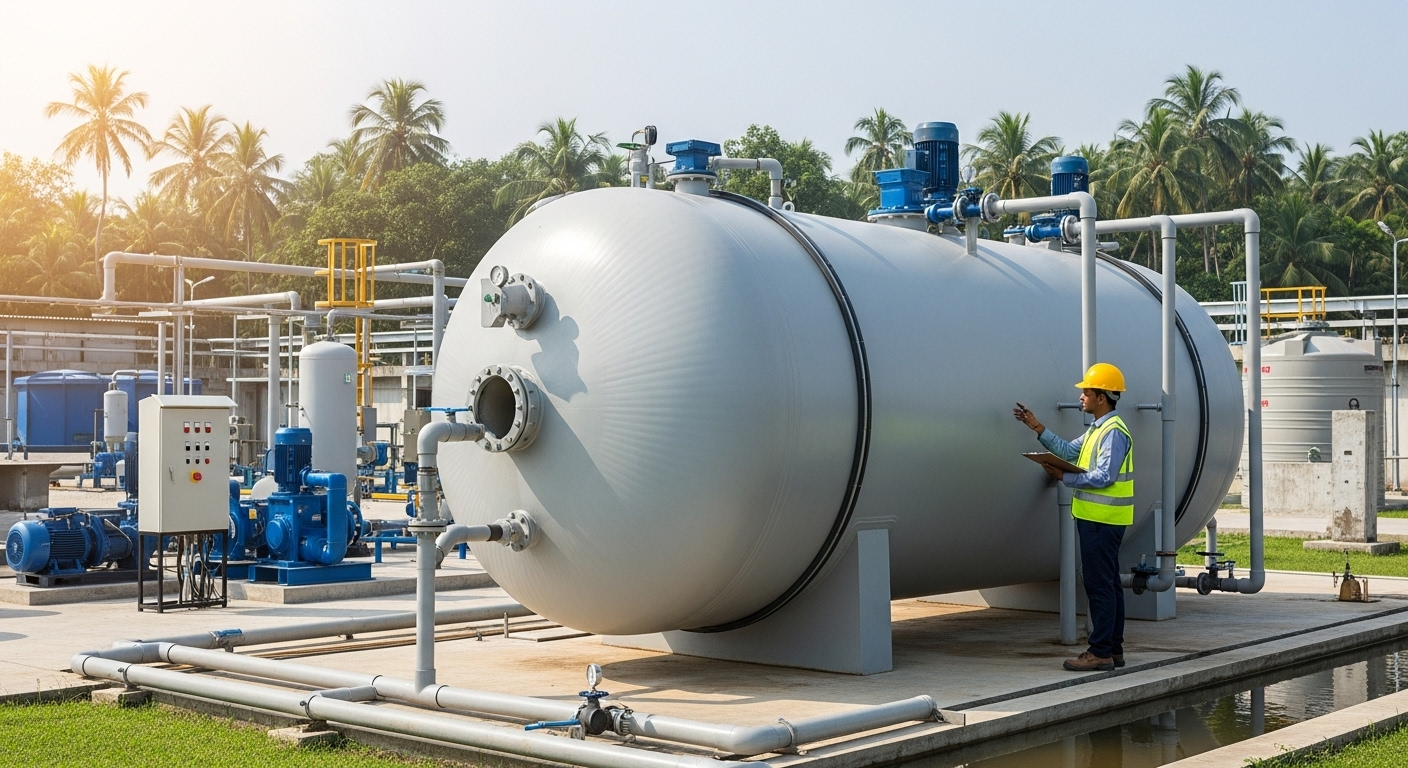Sewage treatment plants (STPs) are vital components of urban infrastructure, especially in densely populated countries like Bangladesh. With its rapid urbanization and increasing population, Bangladesh faces significant public health challenges linked to sanitation and wastewater management. In this blog post, we will explore how sewage treatment plants in Bangladesh contribute to public health, highlighting their importance, functions, and the benefits they deliver to communities.
Understanding Sewage Treatment Plants
Sewage treatment plants serve a critical role in the environmental management system, designed to process and treat wastewater from households and industries before it is released into water bodies or reused. The primary goal of these facilities is to remove harmful pollutants and pathogens that can pose health risks to the population.
Mitigating Waterborne Diseases
In Bangladesh, where waterborne diseases like cholera, diarrhea, and dysentery are prevalent, sewage treatment plants play a crucial role in public health. By treating sewage before it enters rivers and other water bodies, STPs significantly reduce the concentration of pathogens. This process helps prevent the transmission of diseases, thereby protecting the health of communities and minimizing healthcare costs.
Improving Water Quality
The quality of water is essential for community health. Sewage treatment plants in Bangladesh help improve water quality by removing contaminants from wastewater. When treated appropriately, the effluent can be safely discharged into rivers, lakes, or even reused for irrigation purposes. This reclamation of water resources promotes sustainable water management, benefiting both the environment and public health.
Promoting Environmental Sustainability
Effective sewage treatment contributes to environmental sustainability, which is directly linked to public health. By preventing untreated sewage from polluting natural water sources, STPs help maintain ecological balance, supporting biodiversity. Clean water sources are essential for sanitation, hygiene, and agriculture, making healthy environments integral to overall community health.
Supporting Economic Growth
A clean environment is crucial for economic development. Sewage treatment plants enhance public health, leading to a more productive workforce. Healthier communities have lower rates of disease, which translates into fewer absences from work and school. This economic benefit illustrates the interconnection between effective sewage management, public health, and community prosperity.
Raising Public Awareness about Health and Hygiene
Sewage treatment plants not only process wastewater but also serve as focal points for raising public awareness about sanitation, hygiene, and the importance of clean water. Educational programs initiated by STPs can inform communities about responsible water usage and the dangers of improper waste disposal, promoting healthier lifestyle choices.
Final Thought
Sewage treatment plants in Bangladesh are essential for safeguarding public health. Through the treatment of wastewater, they mitigate waterborne diseases, improve water quality, support environmental sustainability, foster economic growth, and promote awareness about hygiene practices. As Bangladesh continues to develop, investing in and improving sewage treatment infrastructure will enhance public health outcomes and ensure a cleaner, healthier future for all.




